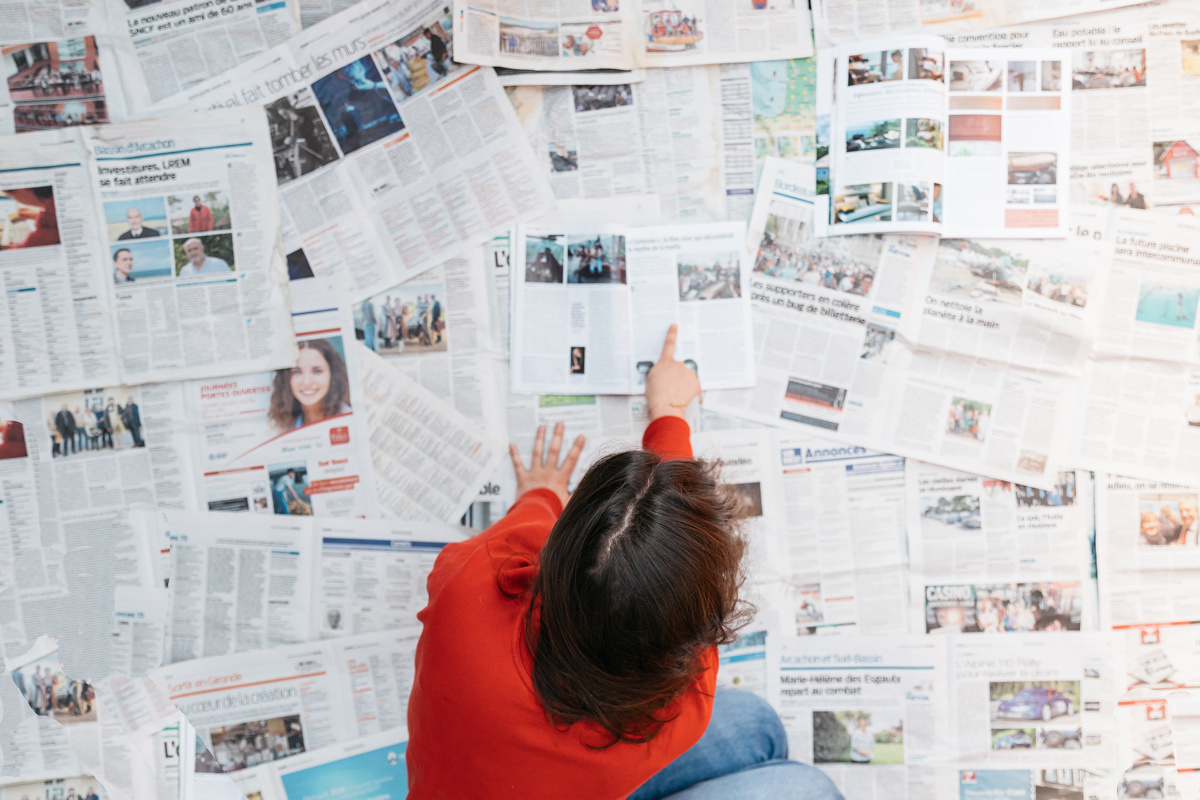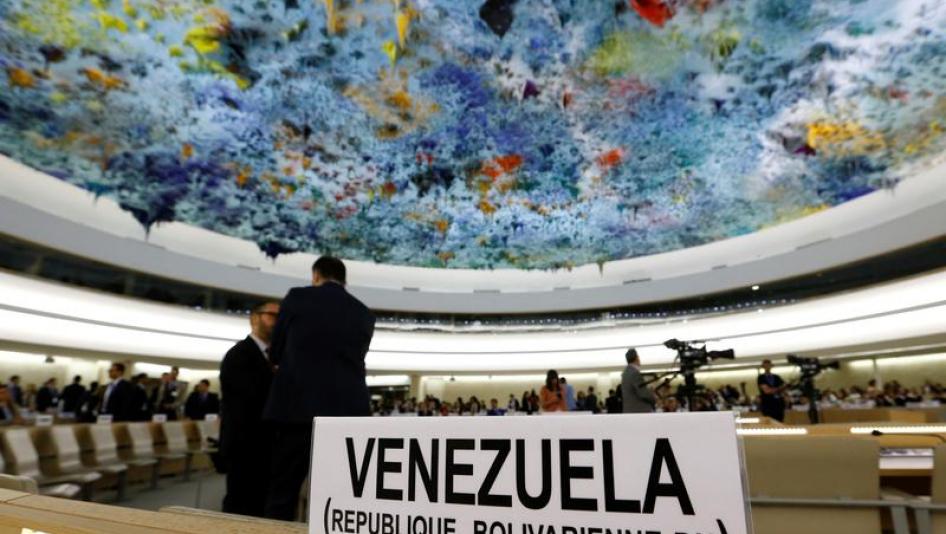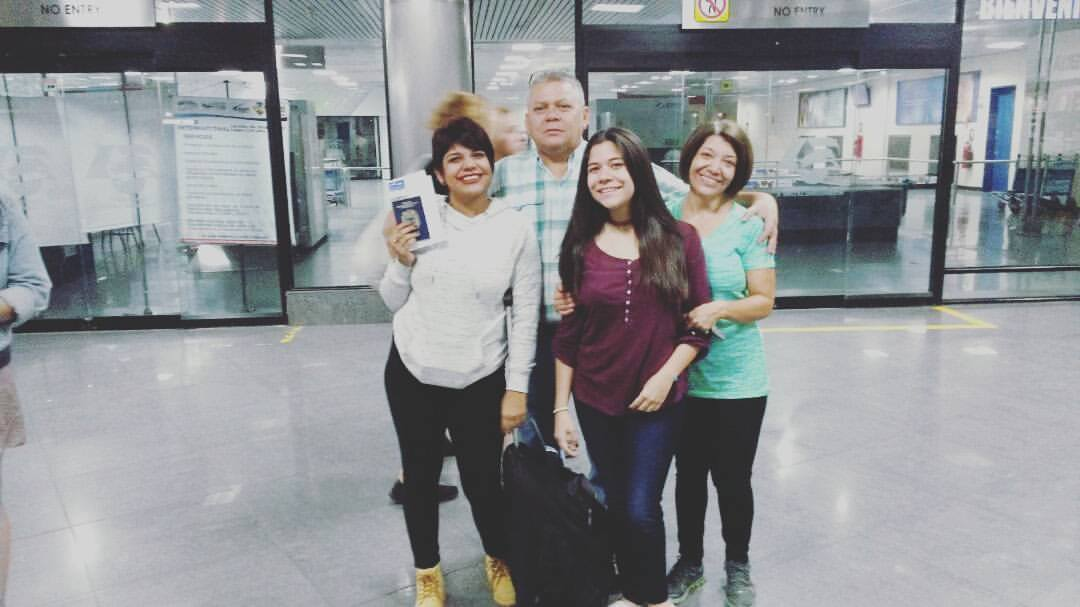Imagine that you are a Spanish citizen and that due to some magic trick, some sort of time machine if you will, you are somehow transported to the time of Francisco Franco’s regime. Knowing what happened after his death, would it make any sense to join the anti-franco movement? Let’s consider another example, somewhat closer to the Venezuelan population. Let’s suppose that you are now a Peruvian citizen and, due to the same magic aforementioned artifact, you are somehow transported back to the time of Alberto Fujimori’s regime, around 1993. Knowing that the transition towards democracy was led by Alejandro Toledo and that in 2019 he would be detained due to charges regarding corruption, would you have still taken part in the protests against Fujimori and any other movement aiming for change in the country? Following the same train of thought, despite not knowing any future outcomes, this brings us to the question that interests us: is inaction and lack of criticism justifiable when the politicians that will take Nicolas Maduro’s place don’t resonate with us personally?
A few days ago a Chilean friend of mine was promoting an artist and I pointed out that, considering his talent, it was a shame he defended Maduro’s authoritarianism. His response was, “And what, do you want him to support a puppet like Guaido?” I’ve heard this style of responses coming from people that are part of the progressive international spectrum. Due to the overwhelming amount of evidence, including the more than four million Venezuelans who fled the country because of hunger and the public oppression, enthusiastically supporting the Bolivarian regime in public has become over the years “politically incorrect.” The people who don’t opt for silence make an effort to present the argument that the politicians who will take over after the inevitable fall of the “Chavista” regime are far worse. Hence, to maintain an imaginary and invented purity, the main strategy in Venezuelan politics nowadays is to simply do nothing to promote action or change in the status quo. The logic behind it is that change will not benefit my own political beliefs, but rather those of anyone supporting a different political ideology.
There are many things that could be said about this close-minded, egocentric analysis on Venezuela that still remains present in some parts of the international Left , or their lack of empathy towards the suffering of millions of Venezuelans. Nonetheless, we want to focus on two aspects. The first is that the current anti-progressive shift in public opinion is precisely due to the issues the Left had in acknowledging Hugo Chavez’s authoritarian turn, and later Nicolas Maduro’s. That is why for young Venezuelans under 30, the Left has stopped being a reference to virtue in politics. In fact, it is quite the opposite.
Secondly, there is also the notion that the future is already set for Venezuela and that there is nothing that can stop the potential conservative wave that is to come. The terminal crisis caused by “bolivarianismo” could very well last several years. Additionally, the sector that will lead the political transition is a point that is still up for debate. Aside from Juan Guaido, the majority of the politically active population continues reject rather than accept the rest of the opposition leaders, thus setting the scene for an outsider to easily play an important political role due to the current fragmentation of the traditional parties. In fact, many analysts agree that Guaido‘s sudden increase in popularity is due to his“anti-politic” characteristics, anti-politic meaning not conforming to the ideology and strategy of his political party, to the point where he is even compared to Hugo Chavez. There is a number of possibilities nowadays for the next Venezuelan leader ranging from being someone from a traditional political system to being someone from an emerging leadership. Thus, history, or however we decide to interpret it, is being written by the ink of many protagonists rather than being limited to the the current political leaders, which poses the view that the actions and movements are not only limited to the aforementioned leaders.
“In the majority of cases…” declares a recent report by the United Nations High Commissioner for Human Rights, currently represented by the socialist Michelle Bachelet, “…the women and men in custody underwent one or more forms of torture or mistreatment, such as the use of electric shock, suffocation with plastic bags, drowning simulations, beatings, sexual harassment, deprivation of food and water, forced positions, and exposure to extreme temperatures.” Since when is the opinion of a person whoclassifies herself as “leftwing” not taken into account when refering to the ongoing torture of political prisoners? Should we tolerate that the protection of these rights depends on the convenience of people who identify themselves as “moral thermometers” between good and evil?
Venezuela today presents many challenges, not only for the local social plural movement that is diverse and constitutes a majority that wishes to return to democracy, but also for those on a global scale that are still compromised to defending the notions of social justice, freedom, and no discrimination.




